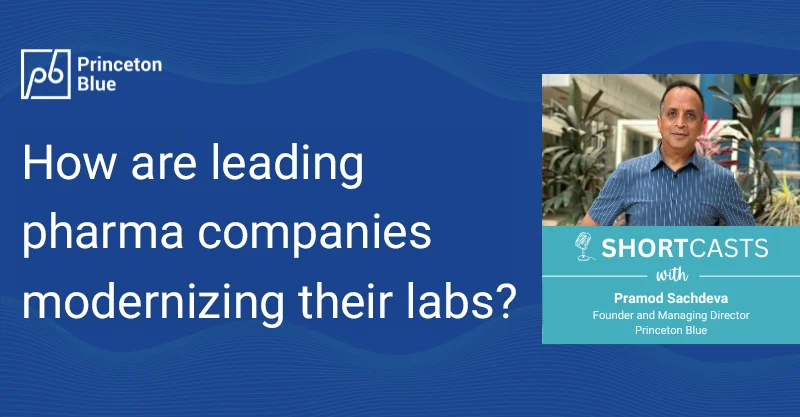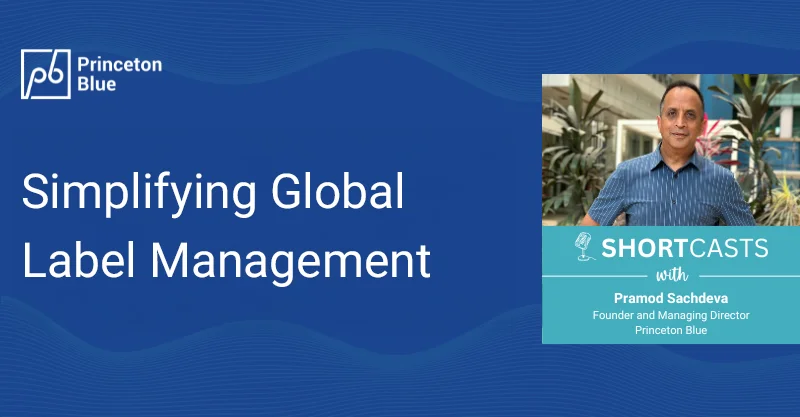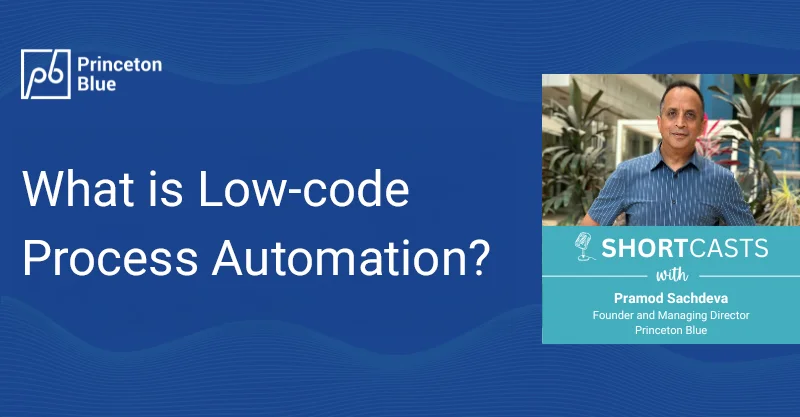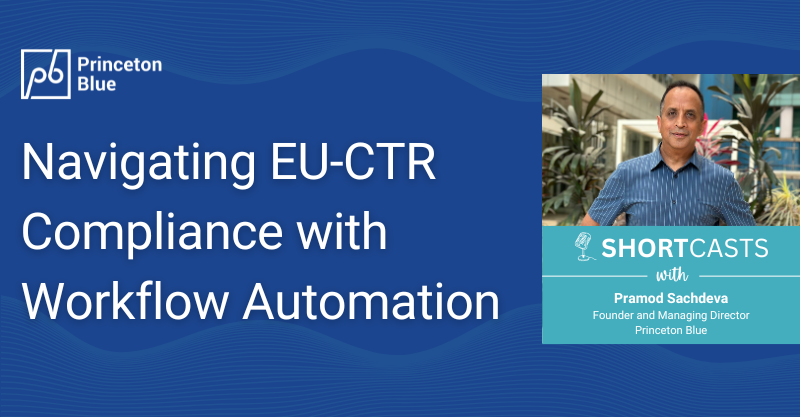Shortcast Episode 8: How are leading pharma companies modernizing their labs?
This is a challenge I discuss frequently with pharmaceutical laboratory leaders. While LIMS systems have served as the backbone of lab operations for years, they often create bottlenecks with their rigid workflows and siloed data. Labs are dealing with an ever-increasing volume of samples, complex experiments, and stringent compliance requirements – and traditional systems just […]
Shortcast Episode 8: How are leading pharma companies modernizing their labs? Read more









